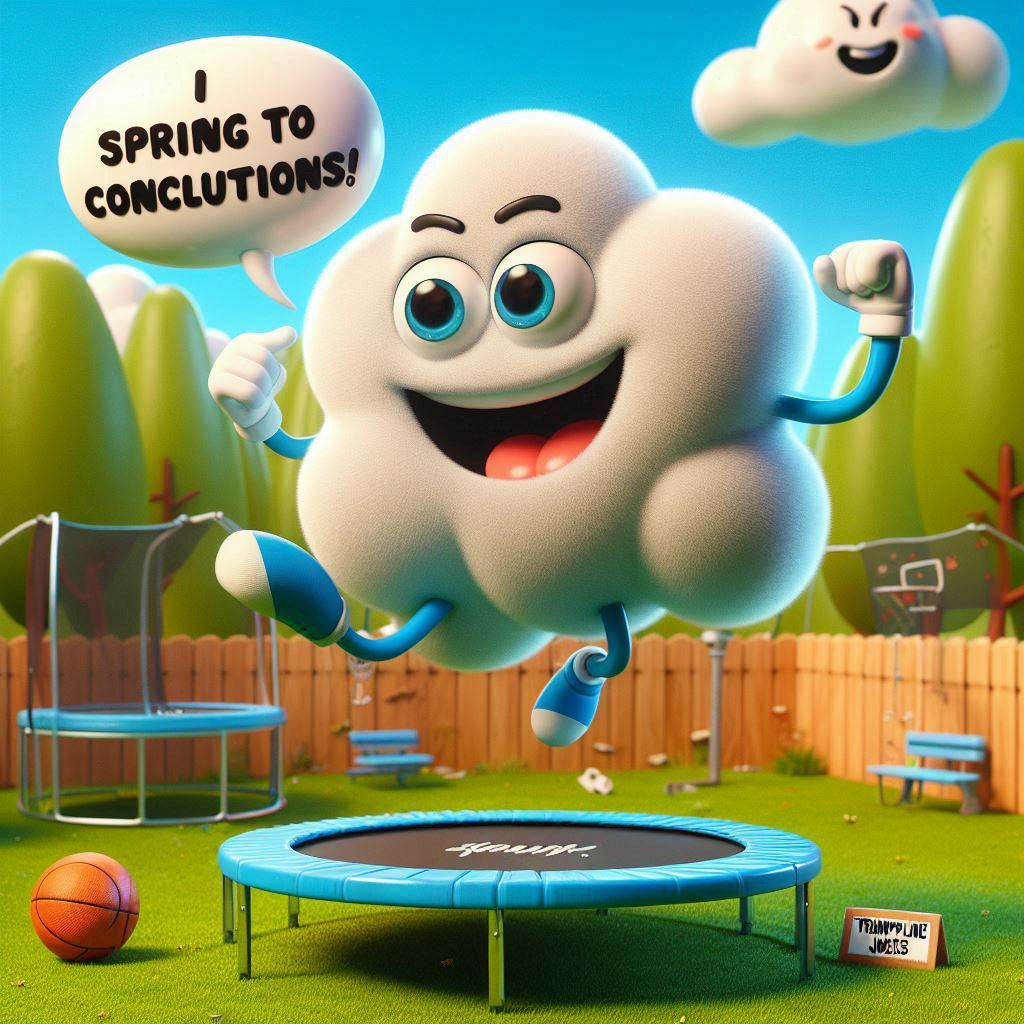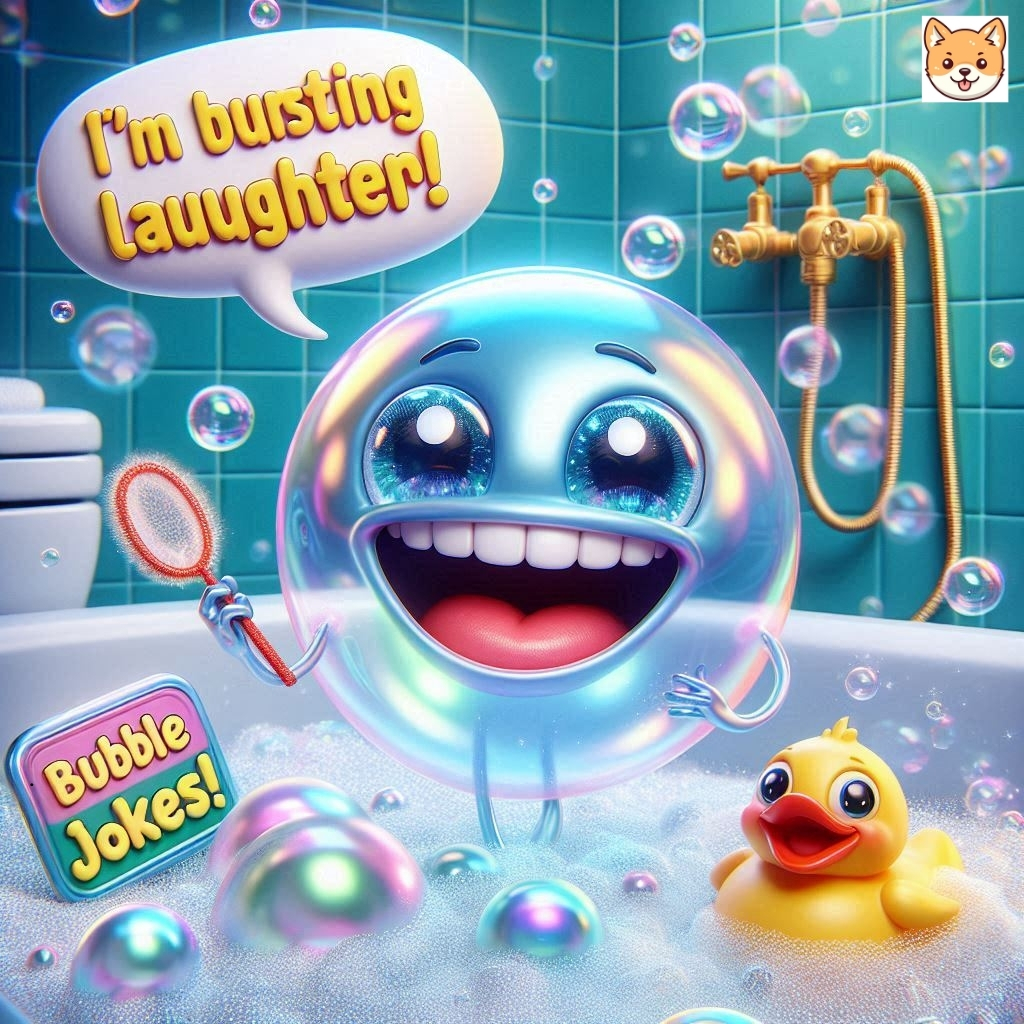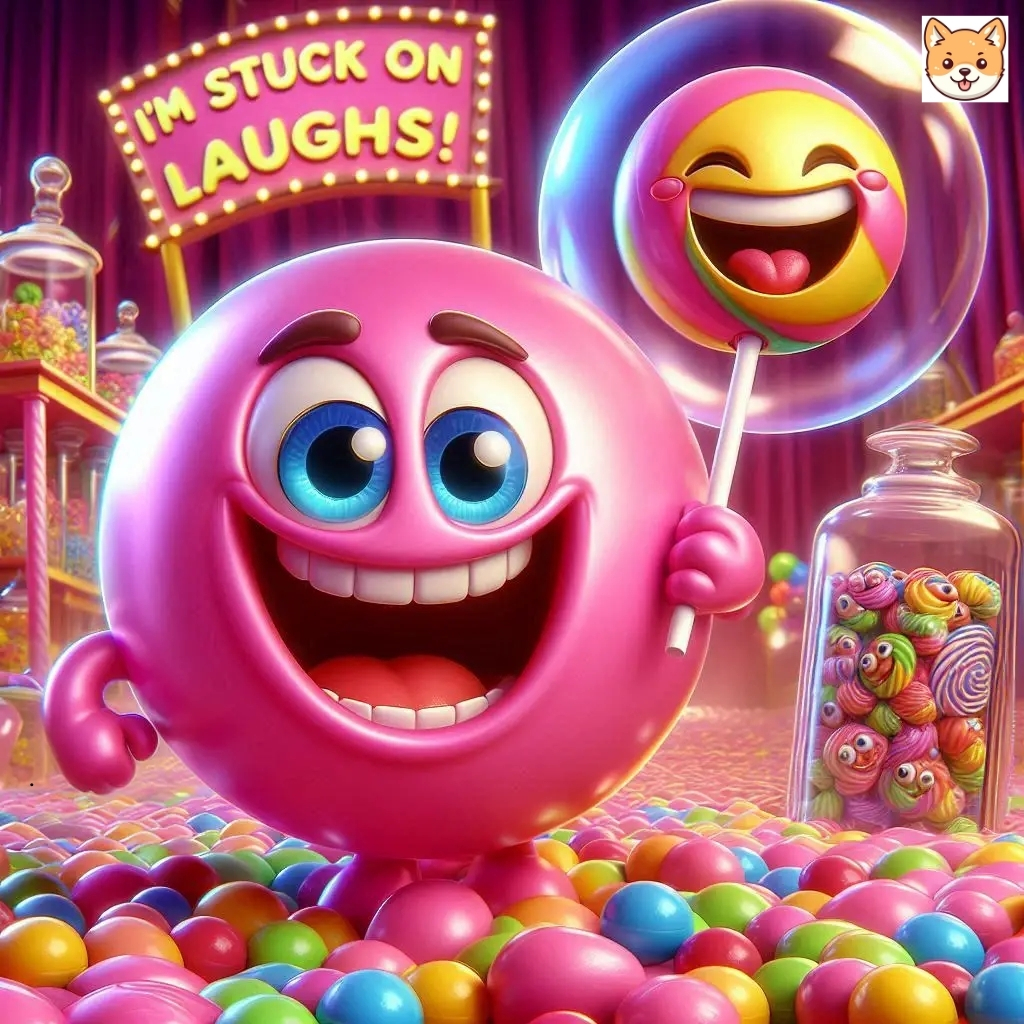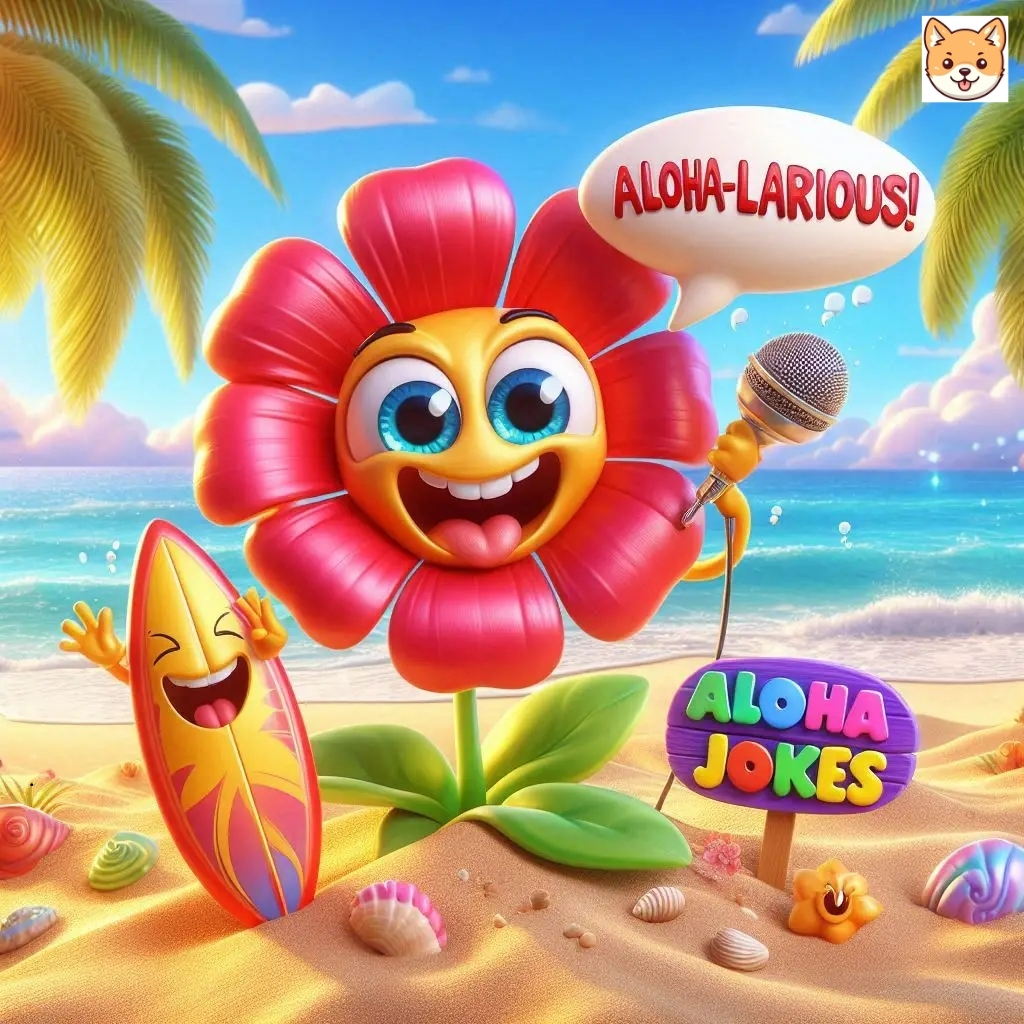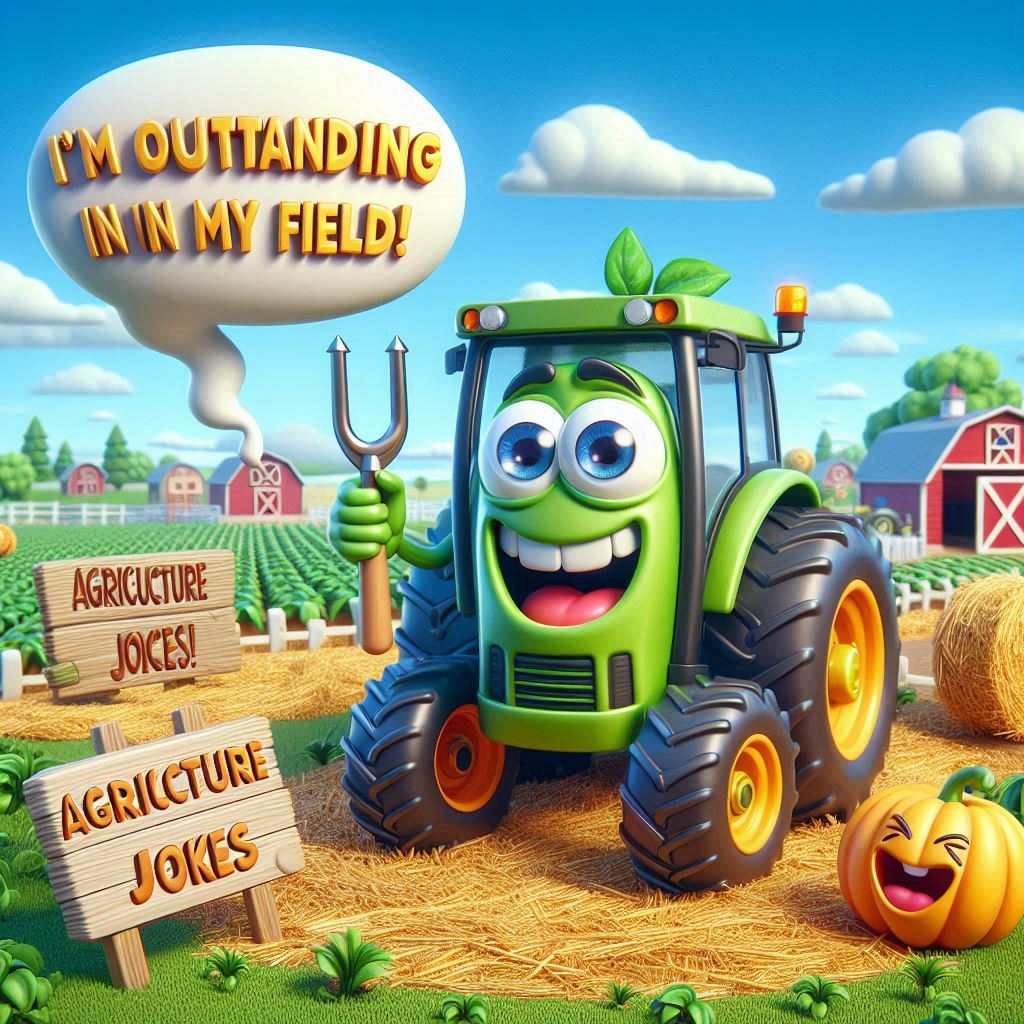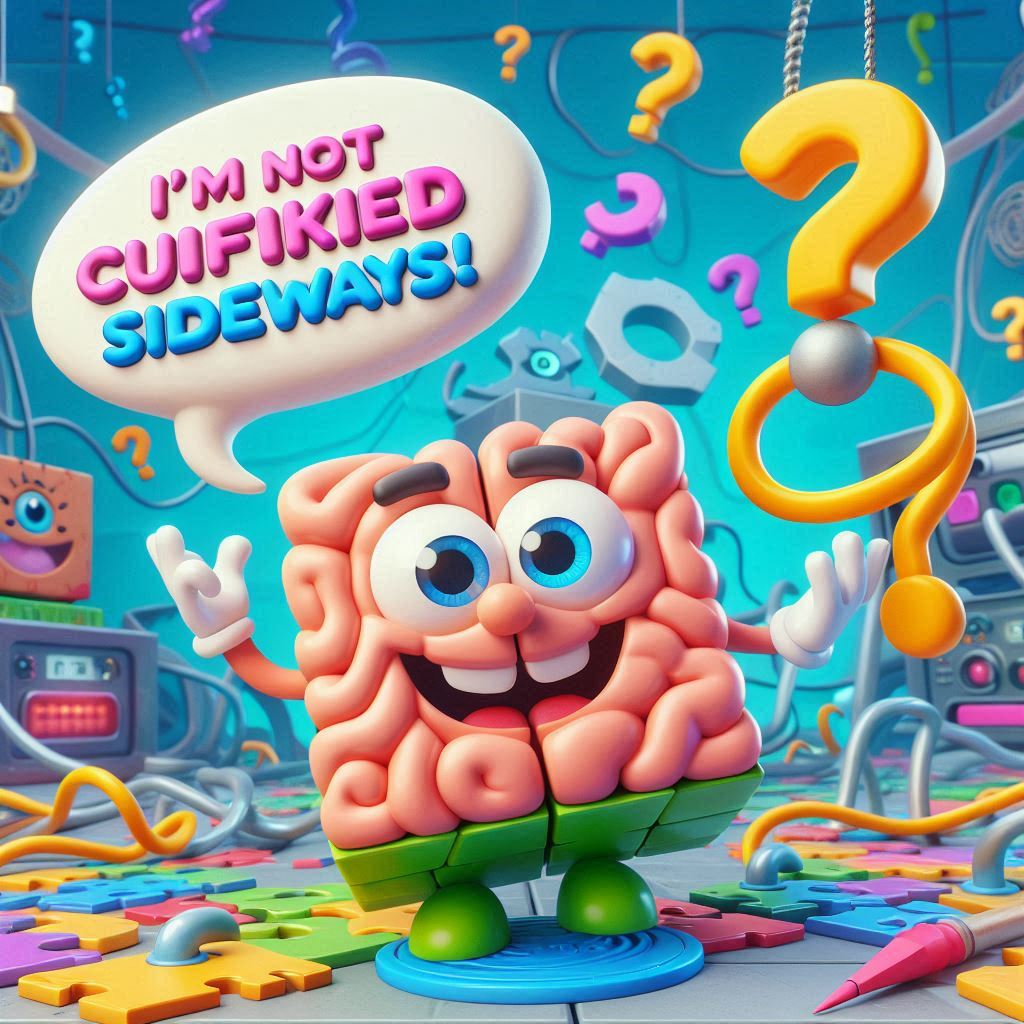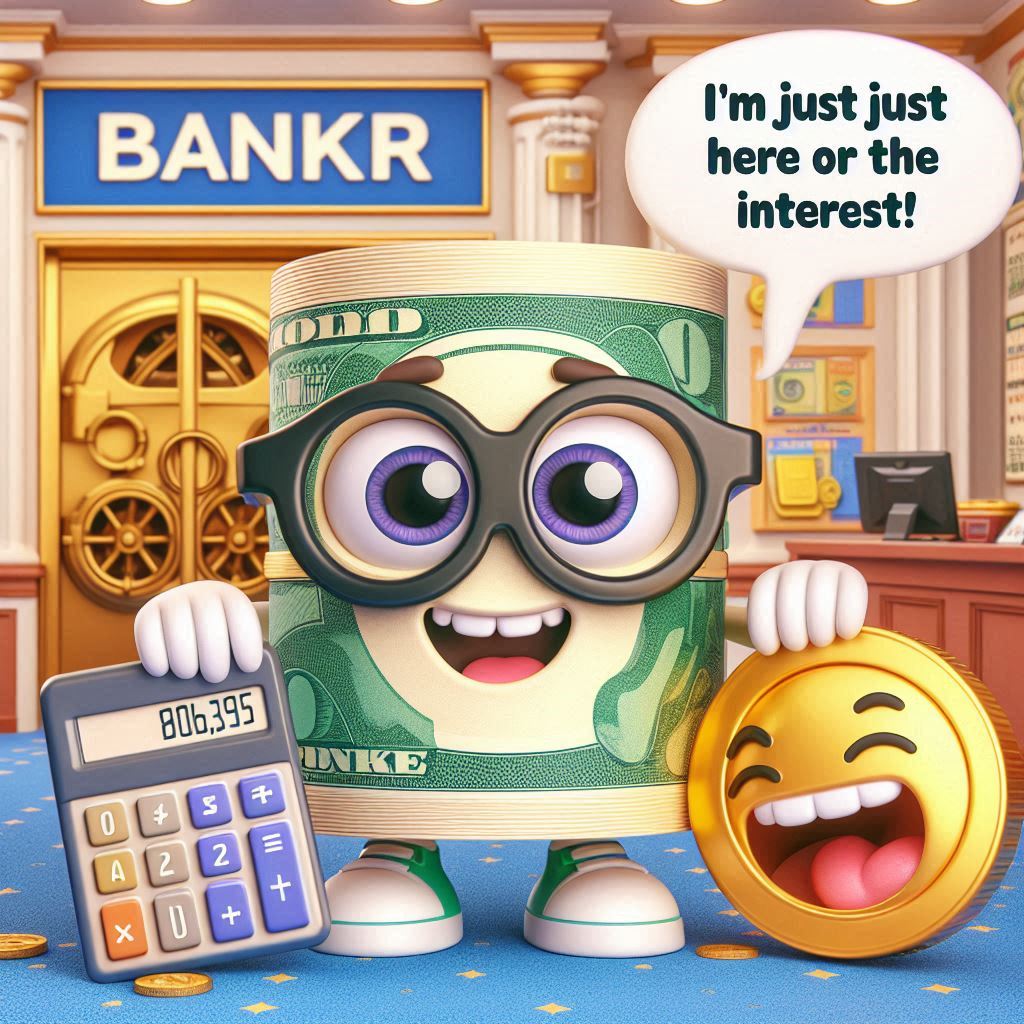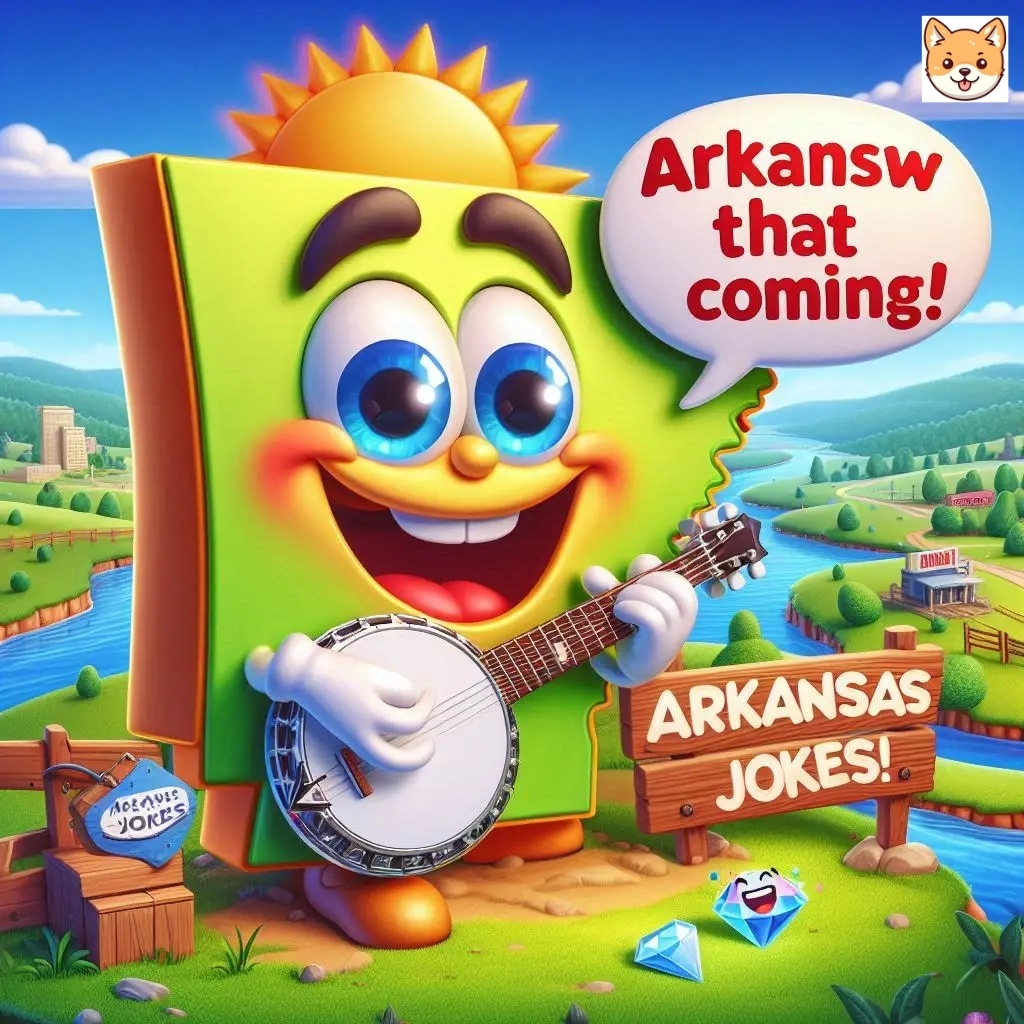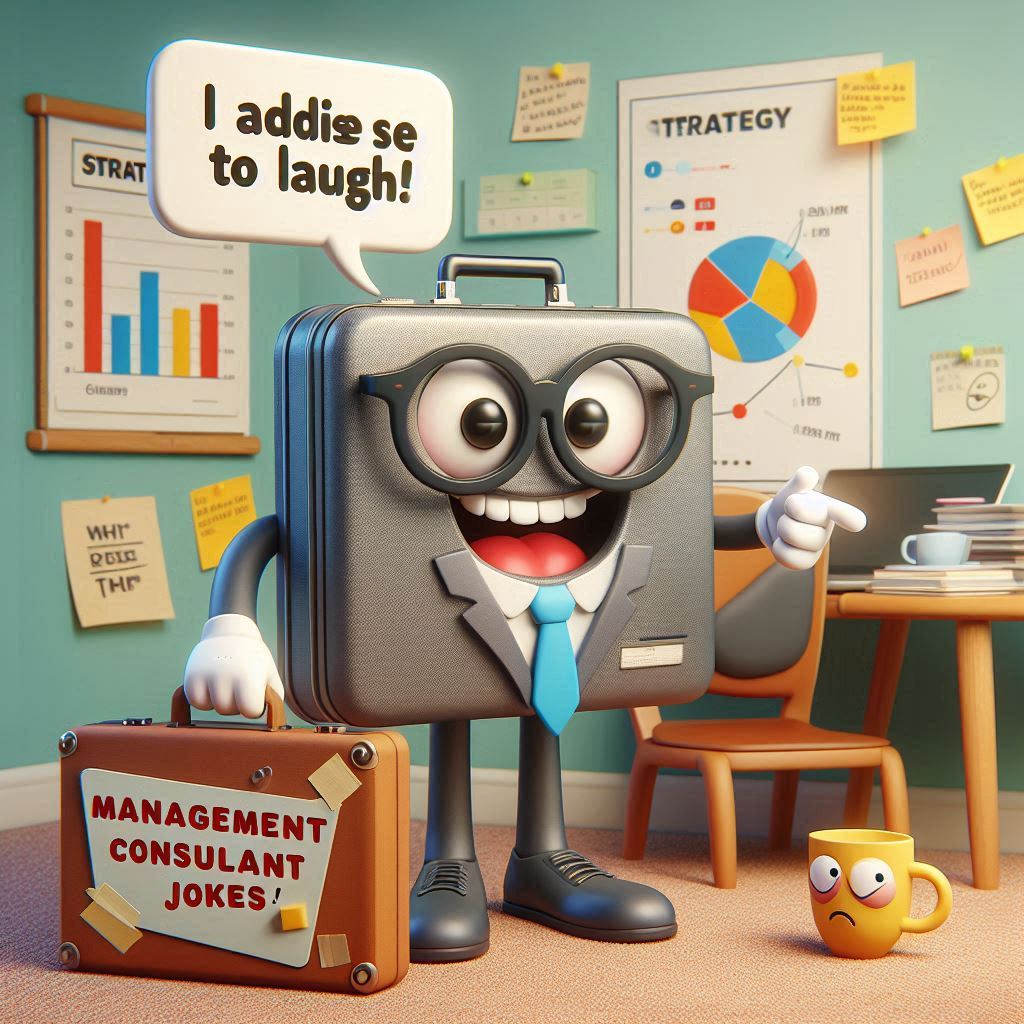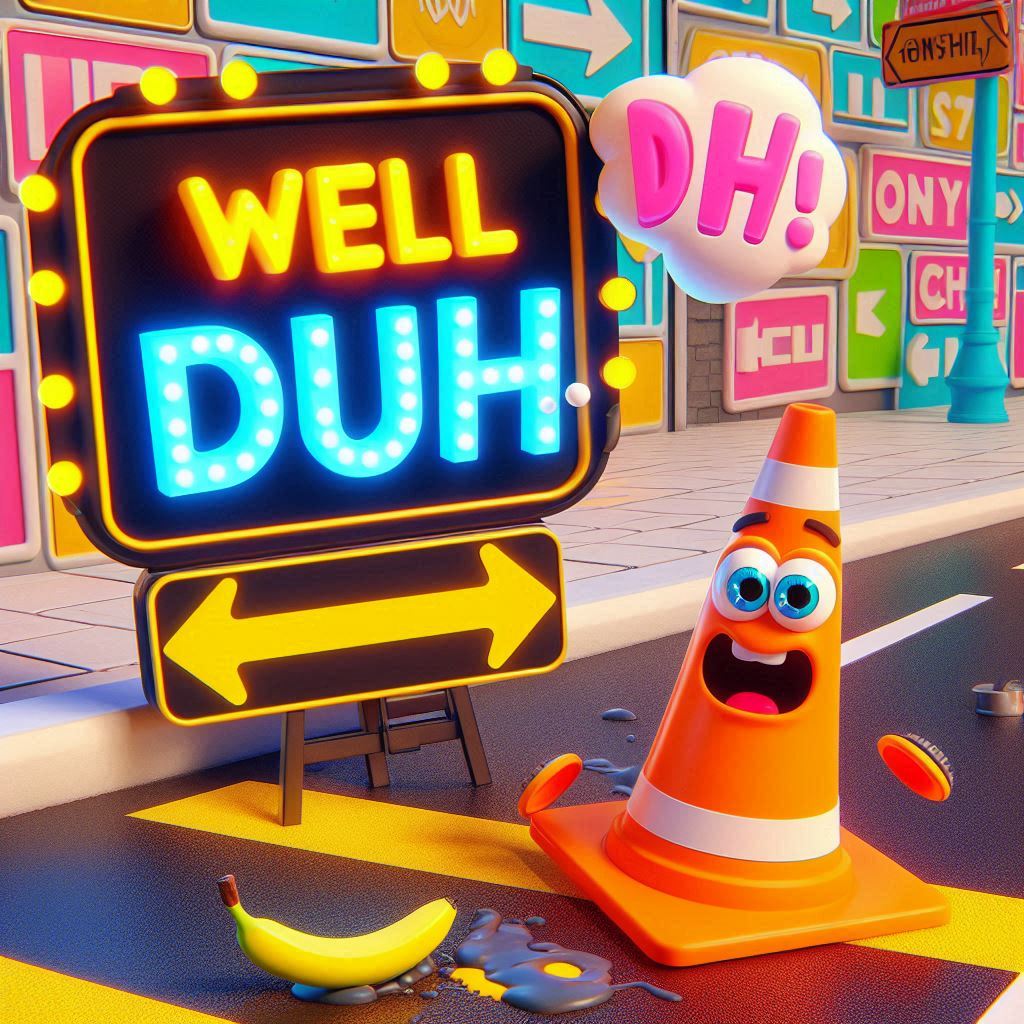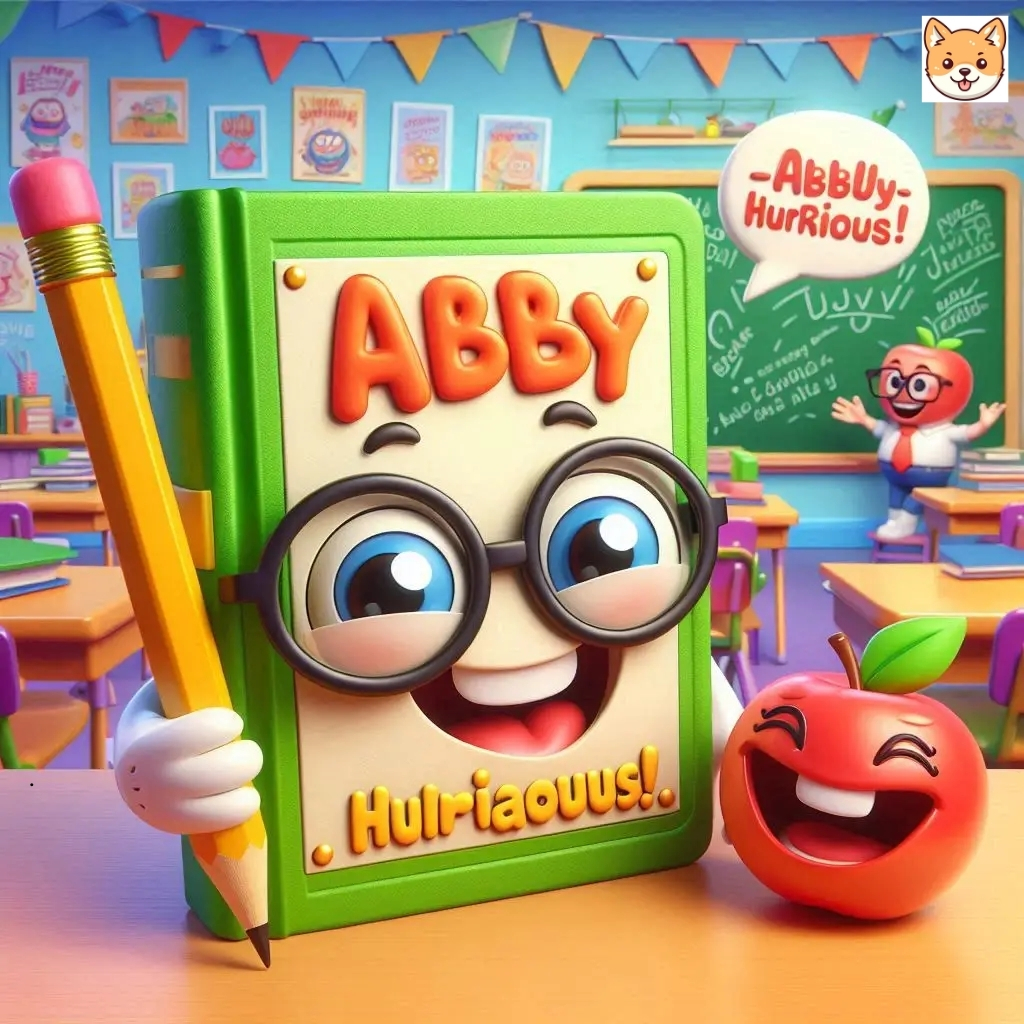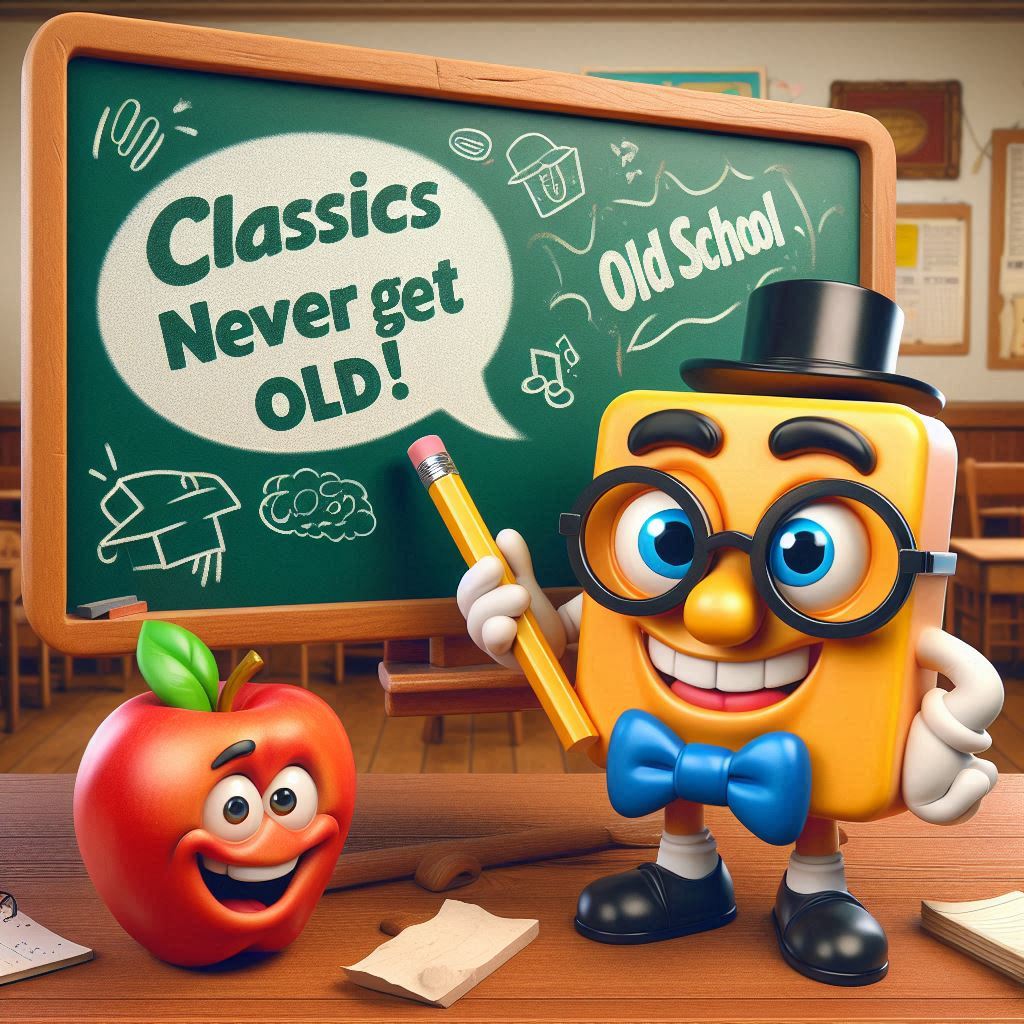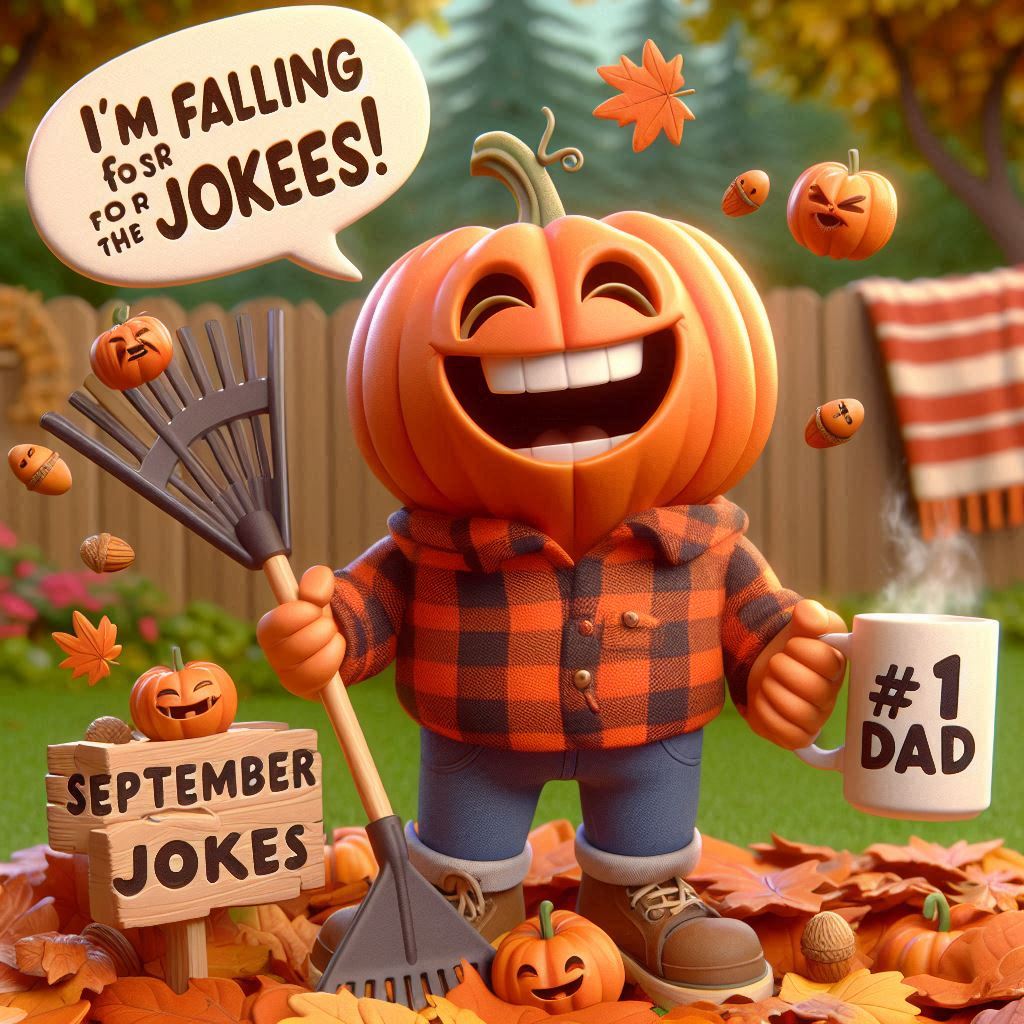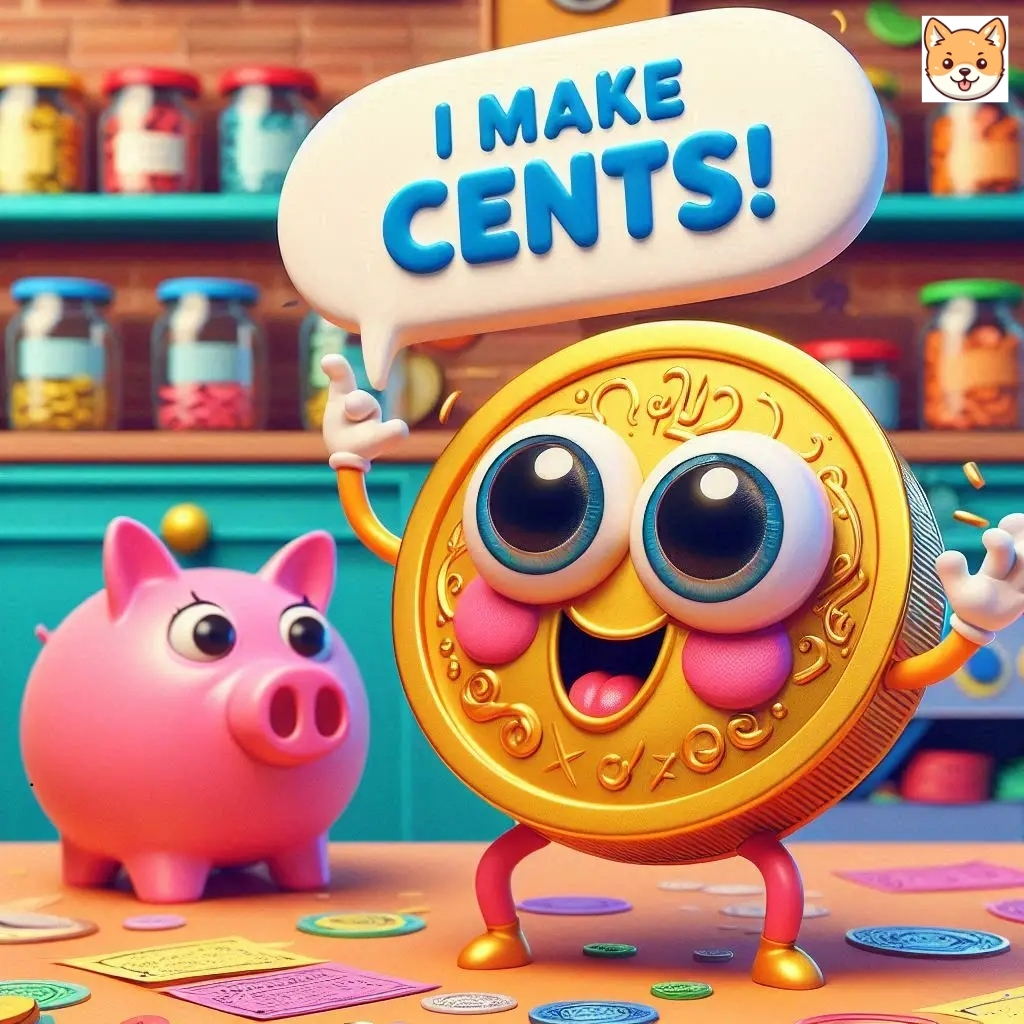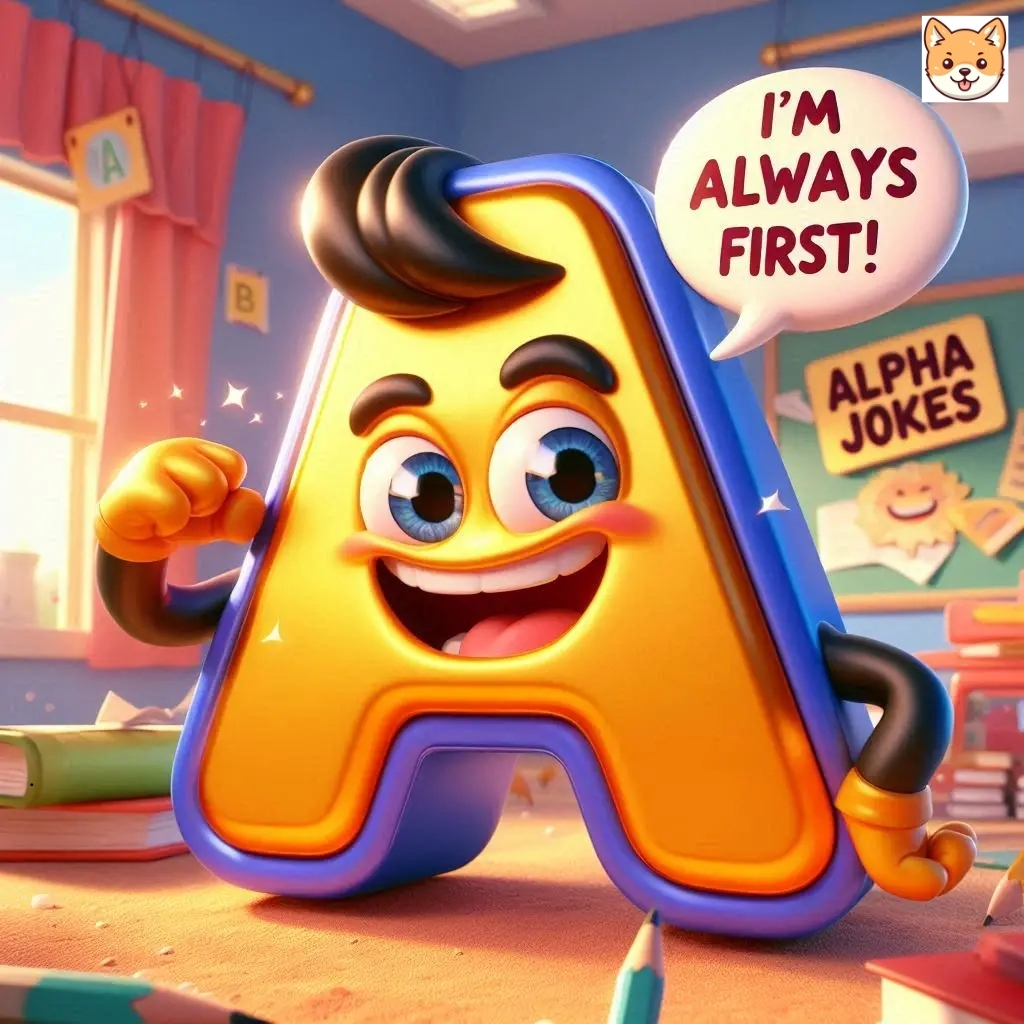Did you ever wonder if Did Carlos Mencia stole jokes? It’s a hot topic in comedy circles. The debate has raged on for years!
Some comedians have accused him of joke theft. Others defend him fiercely. It’s like a comedy soap opera! 🎭
People have strong opinions on this issue. You might be surprised by the claims! It’s a wild ride in the world of stand-up.
In fact, 40% of comedians say joke theft is common. That’s a big number in comedy! Can you believe it?
So, where do we land on this? Let’s dig into the juicy details! Join me as we explore this comedic controversy. 😄
I. Best 19 Carlos Mencia Jokes Stealing Controversy
Carlos Mencia has been at the center of jokes about joke theft, sparking debates about originality and comedy integrity in the industry.
Here are some light-hearted takes and jokes related to this controversy.
- Why did Carlos Mencia bring a ladder to his comedy show? Because he wanted to reach new heights in joke stealing!
- Did you hear about the comedian who stole a joke from Carlos? Turns out, he was just trying to return the favor.
- Why does Carlos Mencia always carry a mirror? To reflect on where he got his material from!
- What do you call it when Carlos Mencia borrows a joke? A comedy loan.
- Why did the joke go to therapy after hanging out with Carlos Mencia? It felt plagiarized and lost its originality.
- How does Carlos Mencia keep his jokes fresh? By recycling from everyone else’s stand-up routines!
- What’s Carlos Mencia’s favorite card game? Cheat! Because he’s always borrowing someone’s punchline.
- Why did the comedy club serve a warning? Because Carlos Mencia might have stolen the punchline before the show started.
- What do you call a joke that Carlos Mencia claims as his own? A borrowed laugh.
- Why did the joke file a police report? Because Carlos Mencia took it without permission!
- How does Carlos Mencia practice his routine? By watching other comedians and taking notes—quietly, of course.
- What’s Carlos Mencia’s favorite dessert? Borrowed pie—he loves taking a slice of everyone else’s humor.
- Why did the audience bring magnifying glasses? To find the original punchline Carlos Mencia stole.
- What did the joke say after meeting Carlos Mencia? “I’ve been borrowed so many times, I forget who I am!”
- Why did the comedy class fail? Because Carlos Mencia had already taken all the good jokes.
- What do you call a joke that’s been borrowed too many times? A classic Mencia remix.
- Why do comedians avoid sharing jokes around Carlos? They don’t want their material to go missing.
- What’s Carlos Mencia’s favorite game? Joke Monopoly—he’s always claiming other players’ property.
- Why did the punchline break up with Carlos? Because it felt used and unoriginal.

II. One liner Jokes from Carlos Mencia
Quick, clever, and punchy—these one-liners showcase Carlos Mencia’s signature humor. Prepare to laugh in a flash with these sharp zingers!
- Q: Why did the scarecrow win an award? A: Because he was outstanding in his field, just like Carlos in joke borrowing!
- Q: What do you call a joke that never gets old? A: A classic Mencia remix.
- Q: Why did the bicycle fall over? A: Because it was two-tired from all the jokes Carlos stole!
- Q: How does a joke stay cool? A: It hangs out with Carlos and gets recycled.
- Q: Why did the chicken cross the road? A: To get away from a joke Carlos claimed as original.
- Q: What’s a comedian’s favorite type of music? A: Re-mix, just like Carlos’s routines!
- Q: Why did the math book look sad? A: Because it had too many problems borrowed from others.
- Q: How do you make a tissue dance? A: Put a little boogie in it—just like Carlos with his punchlines!
- Q: Why did the tomato turn red? A: Because it saw Carlos stealing a joke and blushed!
- Q: What do you call a joke that’s been around forever? A: An original—according to Carlos, of course.
- Q: Why did the computer go to therapy? A: It had too many borrowed files from other programs.
- Q: What do you call a fake noodle? A: An impasta—like some of Carlos’s punchlines!
- Q: Why did the cookie go to the doctor? A: Because it felt crummy from all the joke stealing.
- Q: How does a snowman get around? A: By riding an icicle—just like Carlos riding the wave of borrowed humor.
- Q: Why did the belt get arrested? A: For holding up a joke that wasn’t his own!
- Q: What do you call a bear with no teeth? A: A gummy bear, just like Carlos’s original humor—soft and borrowed!
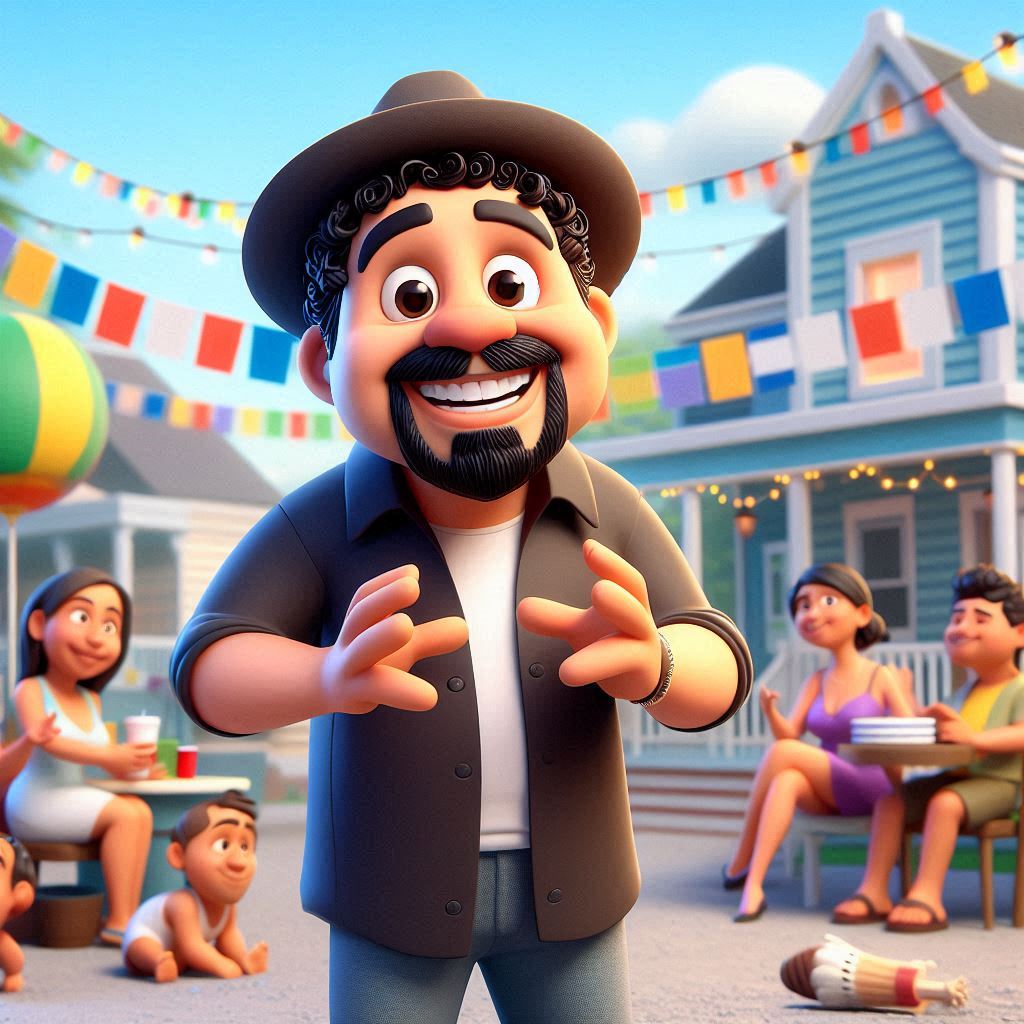
III. Q&A About Carlos Mencia Joke Theft
Explore common questions and answers regarding the controversy surrounding Carlos Mencia and allegations of joke theft in comedy.
- Q: Did Carlos Mencia ever admit to stealing jokes? A: No, he has not officially admitted to joke theft, leading to ongoing debates.
- Q: Are there specific jokes that are known to be stolen? A: Yes, some jokes have been widely compared to those from other comedians, fueling allegations.
- Q: How do comedians feel about the joke theft accusations? A: Reactions vary, with some feeling betrayed and others believing it’s part of comedy’s competitive nature.
- Q: Has Carlos Mencia responded publicly to the joke theft claims? A: He has largely avoided direct responses, which has kept the controversy alive.
- Q: Can joke similarities be accidental? A: While possible, many believe the repeated similarities suggest intentional borrowing.
- Q: What impact did the controversy have on Carlos Mencia’s career? A: It affected his reputation and led to increased scrutiny of his routines.
- Q: Are there legal consequences for joke theft in comedy? A: Usually, joke theft is a matter of industry reputation rather than legal action, unless copyright infringement occurs.
- Q: How do audiences typically react to joke theft allegations? A: Reactions range from disappointment to amusement, depending on individual perspectives.
- Q: Is joke theft common in stand-up comedy? A: While not widespread, some cases have raised awareness about originality in comedy.
- Q: What can aspiring comedians learn from this controversy? A: The importance of originality and respecting fellow artists’ work.
- Q: Are there tools to identify joke theft? A: Comparisons and discussions among comedians often highlight similarities, but no formal tools exist.
- Q: Do comedy clubs verify joke originality before shows? A: Generally, clubs trust comedians’ integrity, but controversy can lead to increased caution.
- Q: Has any comedian publicly accused Carlos Mencia of joke theft? A: Yes, some comedians have spoken out, fueling the debate.
- Q: Is joke theft considered ethical in comedy? A: Most agree it is unethical, as it undermines originality and fair work.
- Q: Can joke theft damage a comedian’s career permanently? A: It can, especially if accusations are widely believed and impact reputation.
- Q: Are there any famous cases similar to Carlos Mencia’s situation? A: Yes, several comedians have faced similar allegations, highlighting the importance of originality.
- Q: How do comedy fans distinguish between inspiration and theft? A: Through comparisons of joke structure, delivery, and originality over time.
- Q: What advice do experienced comedians give about joke writing? A: To develop unique material and avoid copying others’ work.

IV. Did Carlos Mencia Steal Jokes from Others?
Is Carlos Mencia guilty of joke theft? Let’s have some fun exploring the playful questions and light-hearted humor surrounding this ongoing debate.
- Did Carlos Mencia ever admit to borrowing jokes? Not officially, but his routines suggest he might have a secret collection!
- Are there jokes that seem suspiciously familiar? Absolutely—some punchlines are practically déjà vu in comedy form.
- How do comedians feel about joke borrowing? Some say it’s like borrowing sugar—just a little too often!
- Has Carlos Mencia responded to these claims? Mostly by changing the subject, keeping the mystery alive.
- Could accidental similarities happen? Maybe, but when jokes are identical, suspicion starts to peek out.
- Did the controversy affect his reputation? Yes, now fans wonder if his humor is original or just well-placed references.
- Is joke theft a common practice? In comedy, some say it’s as common as coffee—best enjoyed in moderation!
- Can jokes be truly original anymore? That’s the million-dollar question—some say originality is a rare gem.
- Do audiences notice when jokes are borrowed? Sometimes, and they love a good laugh, whether original or not!
- Are there tools to spot joke copying? Not officially, but sharp-eyed fans and comedians can spot similarities quickly.
- Would legal action happen over joke theft? Usually not, but reputation damage can be just as severe.
- Can joke theft be accidental? Possibly, but when the jokes are identical, it’s more likely a case of borrowing.
- Has anyone publicly accused Carlos Mencia? Yes, some comedians have raised eyebrows over certain routines.
- Is copying jokes considered ethical? Most agree it’s a no-no—originality is the heart of comedy!
- Could joke theft end a comedian’s career? It can, especially if accusations stick around too long.
V. Famous Jokes Allegedly Stolen by Carlos Mencia
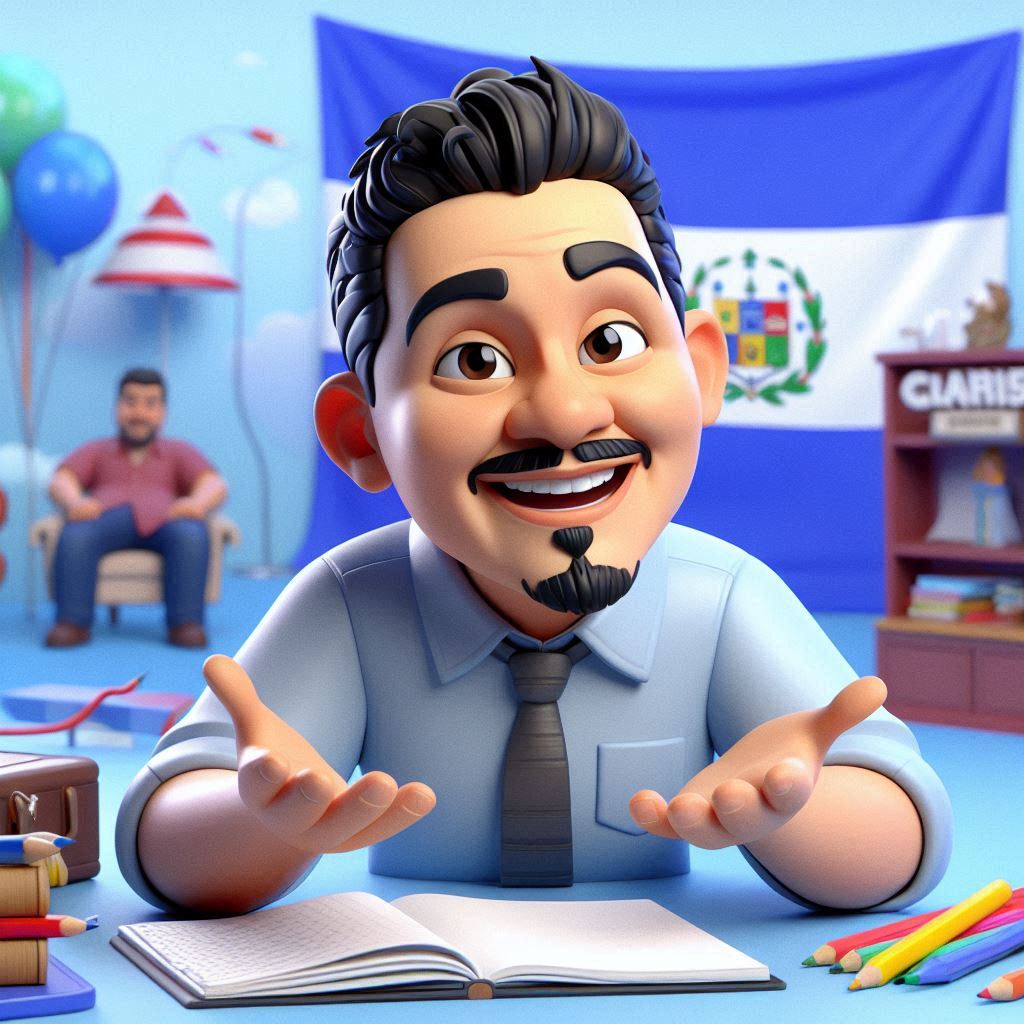
Many believe some of Carlos Mencia’s most popular jokes are borrowed from other comedians. Here are some well-known routines he’s accused of taking without credit.
- Why did Carlos Mencia’s joke about the airline seat upgrade sound familiar? Because it was originally told by a fellow comedian years earlier.
- His famous “broke college student” joke? Many say it closely resembles a classic routine from another comic.
- The punchline about “shopping for clothes on a budget” has been traced back to multiple sources before Mencia’s version appeared.
- The joke about “parents hiding snacks” was similar to one told by a well-known stand-up artist long before Mencia’s routine.
- His routine on “awkward family dinners” echoes a joke that circulated in comedy circles decades ago.
- The story about “losing a wallet at a party” bears striking similarities to an earlier joke from a different comedian’s set.
- The punchline about “bad dating experiences” appears to be borrowed from a popular joke in the comedy community.
- His bit on “awkward gym encounters” closely resembles a routine performed by another comedian years earlier.
- The joke about “missing the bus because of a silly mistake” has been part of comedy sets long before Mencia’s act.
- The routine involving “overprotective parents” shares similarities with jokes from comedians who performed it first.
- The “pet’s funny behavior” joke has a counterpart in a routine from a well-known stand-up comic from the past.
- The punchline about “bad customer service” was reportedly similar to an earlier joke from another comedian’s repertoire.
- The story about “getting lost in a mall” has been told in various forms, with some claiming Mencia’s version is lifted from an earlier routine.
- The joke about “awkward elevator rides” is reminiscent of a classic joke circulating in comedy circles before Mencia popularized it.
- The routine about “family road trips” has echoes of jokes told by other comedians long before Mencia’s routine.
- The punchline about “struggling with technology” appears to be a common theme in comedy, with similarities to jokes from other performers.
- The joke about “funny workplace mishaps” is believed to have been borrowed from a routine that predates Mencia’s version.
- The story involving “misunderstandings at a restaurant” closely resembles an older joke told by a different comedian.
VI. Carlos Mencia Joke Stealing Allegations Explained
This section clarifies the controversy surrounding accusations of joke theft against Carlos Mencia, examining the facts and common misconceptions involved.
- Many believe Carlos Mencia’s humor has been influenced by other comedians, sparking debate over originality in comedy.
- Some claim similarities between his jokes and those of other performers, leading to accusations of borrowing.
- Understanding the difference between inspiration and theft is key to evaluating these allegations fairly.
- While some jokes are strikingly similar, others argue it may be coincidence or common themes in comedy.
- Multiple comedians have voiced concerns, suggesting that certain routines resemble their own work closely.
- Fans often compare routines online, fueling discussions about who truly owns a joke’s originality.
- Critics emphasize the importance of respecting intellectual property, even in a creative field like comedy.
- Some instances involve jokes that are nearly identical, raising questions about intentional copying.
- Others point out that comedy often involves shared themes, making some similarities unavoidable.
- Legal action over joke theft is rare; most disputes are handled within the comedy community itself.
- Reactions to these allegations vary, with some defending Mencia and others calling for more originality.
- The controversy has prompted some comedians to be more cautious about their material.
- Public debates often focus on the fine line between inspiration and imitation in comedy routines.
- Many believe that humor evolves from shared cultural experiences, complicating accusations of theft.
- Some argue that comedians borrow ideas and punchlines as part of the art form, not as theft.
- However, repeated patterns of similar jokes can damage a comedian’s reputation over time.

VII. Clever Responses to Carlos Mencia’s Joke Theft
Discover witty and humorous retorts to the joke theft allegations, showcasing sharp humor and clever comebacks that keep the conversation light and entertaining.
- When accused of joke theft, simply reply, “I prefer to call it ‘creative borrowing’—like a library with a sense of humor.”
- Asked about the controversy, he might say, “My jokes are like good friends—sometimes borrowed, but always appreciated.”
- Responding to accusations, say, “I don’t steal jokes; I just have a talent for finding inspiration in unexpected places.”
- To lighten the mood, joke, “I’m not stealing jokes—I’m curating a comedy collection, one punchline at a time.”
- When confronted, reply, “My material is like a buffet—variety, and sometimes, a little borrowed from others.”
- In a playful tone, say, “If I’m a joke thief, then every comedian is a treasure hunter.”
- Addressing critics, say, “I prefer to think of it as joke recycling—saving the environment one punchline at a time.”
- When asked about originality, quip, “My jokes are like boomerangs—they come back in different forms.”
- To keep it light, respond, “I’m just sharing jokes—like a good neighbor, always lending a punchline.”
- If challenged, say, “I don’t steal jokes; I’m just an enthusiastic collector of comedic ideas.”
- Reacting to controversy, say, “My humor is a mosaic—pieces borrowed from many talented artists.”
- For a humorous twist, say, “I prefer to call it ‘collaborative comedy’—everyone adds a piece.”
- When questioned about sources, reply, “I have a vast library of jokes—some borrowed, some original, all funny.”
- In a friendly tone, say, “Great comedians share material—it’s like passing the baton in a comedy relay.”
- Addressing the debate, joke, “I practice comedy multitasking—jokes, impressions, and a little bit of borrowing.”
- If pressed, say, “My jokes are like recipes—some ingredients borrowed, but the flavor is all mine.”
- When confronted, respond with a smile, “Originality is overrated; humor is a shared experience.”
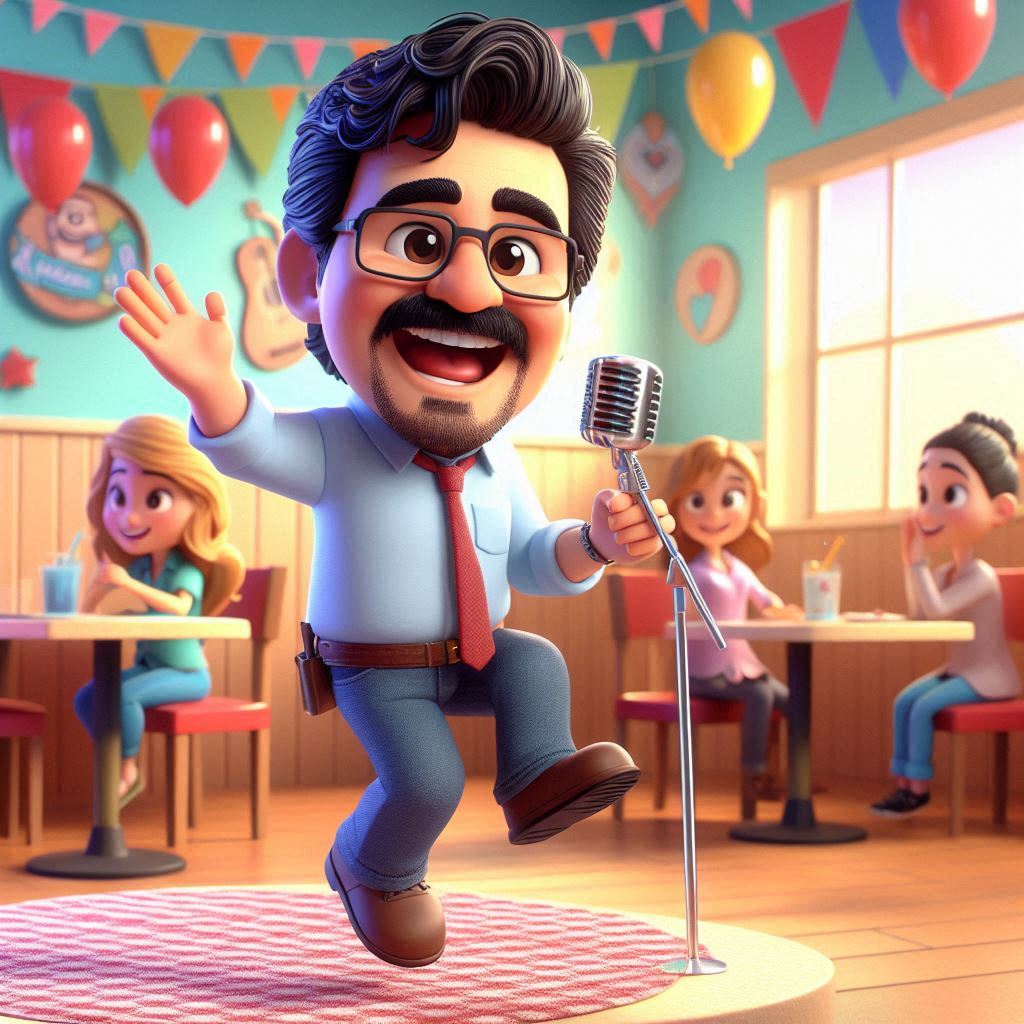
VIII. Comedians React to Carlos Mencia’s Joke Stealing
Discover how fellow comedians respond with humor, wit, and insights to the ongoing.
Debate about Carlos Mencia’s alleged joke thefts, highlighting industry perspectives and playful banter.
- “When I heard about the joke theft accusations, I thought, ‘Well, at least he’s consistent!’”
- “Some comedians say, ‘If the shoe fits, wear it,’ but in this case, maybe it’s more like borrowing a pair.”
- “A fellow comic joked, ‘He’s not stealing jokes; he’s just building a shared universe of humor!’”
- “One comedian quipped, ‘If jokes are currency, Carlos just declared bankruptcy!’”
- “Another said, ‘In comedy, borrowing is fine—if you credit the author. But if you forget the credit, that’s a problem!’”
- “A popular response was, ‘He’s not copying; he’s just remixing classic hits!’”
- “A comic friend noted, ‘Originality is like a rare gem; sometimes, it’s just a shiny rock with a story behind it.’”
- “One comedian joked, ‘Maybe Carlos thinks joke theft is just a form of homage!’”
- “Another humorist added, ‘In the world of comedy, everyone’s a little guilty of inspiration—some more than others!’”
- “A fellow performer said, ‘If joke theft were an Olympic sport, Carlos would be on the podium!’”
- “One comic quipped, ‘He’s just practicing his impression of other comedians—who knew it would be so convincing?’”
- “A well-known comedian remarked, ‘Humor is like a buffet; sometimes, you pick from the same plate as your neighbor!’”
- “Another joked, ‘He’s not stealing jokes; he’s just borrowing ideas—like a friendly neighbor!’”
- “A comic responded, ‘If joke theft were a game, Carlos would be reigning champion!’”
- “One comedian said, ‘In the end, comedy is about sharing laughs—sometimes, that means sharing jokes too!’”
- “A humorous reply was, ‘Maybe Carlos thinks originality is overrated—just keep the laughs coming!’”
- “Another responded, ‘He’s not copying; he’s just remixing—like a DJ of comedy!’”
- “A comic joked, ‘If humor were a family, Carlos would be the cousin who borrows everything!’”
IX. Carlos Mencia’s Best Jokes and Their Origins
Highlighting some of Carlos Mencia’s most memorable jokes and exploring their real origins, revealing the stories behind his most popular routines.
- His classic joke about “overweight airport security” has roots in a routine from a well-known comedian from years earlier.
- The punchline about “shopping on a tight budget” closely resembles a joke from another comic’s set from the 1990s.
- The story about “parents hiding snacks” mirrors a routine performed by a different comedian long before Mencia’s version appeared.
- The “awkward family dinner” bit has similarities to an older routine that circulated in comedy circles decades ago.
- The joke about “losing a wallet at a party” has been traced back to a classic routine from another comedian’s repertoire.
- The punchline about “bad dating experiences” resembles a well-known joke from the stand-up community predating Mencia’s routine.
- The routine on “awkward gym encounters” has a counterpart in a routine performed by a different comedian years prior.
- The joke about “missing the bus due to a silly mistake” was part of comedy sets long before Mencia’s act emerged.
- The story involving “overprotective parents” echoes themes from an earlier routine by another comedian.
- The “pet’s funny behavior” joke has similarities to a routine from a veteran comedian from the past.
- The punchline about “bad customer service” has been associated with an older joke told by another comic.
- The routine about “getting lost in a mall” shares themes with jokes from comedians who performed it first.
- The joke about “awkward elevator rides” is reminiscent of a classic routine circulating in comedy circles before Mencia’s version.
- The “family road trip” routine echoes jokes told by other comedians long before Mencia’s routine.
- The punchline about “struggling with technology” appears in multiple routines from different performers over the years.
- The joke about “funny workplace mishaps” is believed to be borrowed from a joke circulating prior to Mencia’s routine.

X. Audience Reactions to Carlos Mencia’s Stolen Jokes
Audience responses vary widely, from hearty laughter to disappointment, highlighting.
The importance of originality and honesty in comedy and shaping perceptions about humor today.
- Some fans laugh it off, saying, “If everyone borrows, at least Carlos has good taste in jokes!”
- Others feel betrayed, commenting, “I came for fresh laughs, not recycled material.”
- Many enjoy the humor, regardless of origin, joking, “A joke’s a joke—who cares where it came from?”
- Some audience members giggle, whispering, “That punchline sounds familiar, but I still love the show.”
- Critical viewers say, “Originality matters, or comedy just becomes a game of musical chairs.”
- Casual fans shrug and say, “As long as it makes me laugh, I don’t mind if it’s borrowed.”
- Some express disappointment, commenting, “It’s a shame when talent is overshadowed by copying.”
- Amused spectators joke, “Carlos must have a magic joke closet—he keeps pulling out the same ones.”
- Others joke, “Maybe he’s just remixing classics—like a DJ of comedy.”
- Many appreciate honesty, saying, “Acknowledging sources would make jokes even better.”
- Some cheer, “Everyone borrows a little; it’s part of the creative process!”
- Concerned fans worry, “Will this hurt his reputation in the long run?”
- Laughing skeptics say, “If he’s stealing, at least he’s stealing good material!”
- Casual viewers remark, “I like the jokes, but I wish they were more original.”
- Comedy purists emphasize, “Respect for originality keeps comedy fresh and exciting.”
- Some respond with humor, “Maybe he’s just a collector of punchlines—like a joke museum.”
- Fans who notice similarities often joke, “He’s like a joke sponge—soaking up humor everywhere.”
- Light-heartedly, some say, “If joke theft was an Olympic sport, he’d be a gold medalist.”
- Overall, audience reactions reflect the ongoing debate about the importance of innovation in comedy.
XI. Impact of Carlos Mencia’s Joke Stealing Accusations
The controversy has significantly influenced perceptions of originality in comedy.
Prompting discussions about integrity, creativity, and the importance of respecting fellow artists’ work.
Despite the debates, many fans continue to enjoy his performances, while others remain cautious.
Highlighting the ongoing tension between humor and authenticity in the industry.
- 1. How do joke theft allegations affect a comedian’s reputation? They can cast doubt on their originality and diminish audience trust.
- 2. Can repeated accusations lead to a decline in career opportunities? Yes, industry insiders may become hesitant to feature them.
- 3. Does controversy inspire more focus on originality among upcoming comedians? Often, it encourages striving for unique material to stand out.
- 4. How do fans’ perceptions change after allegations surface? Some become more skeptical, while others continue to support their favorite comedian.
- 5. Are there long-term effects on comedy standards due to such controversies? Yes, they can raise awareness about the importance of creative integrity.
- 6. How does social media influence the impact of joke theft accusations? It amplifies discussions, making the controversy more visible and widely debated.
- 7. Do industry peers distance themselves from comedians accused of joke theft? Sometimes, to preserve credibility, they may choose to avoid association.
- 8. Can these accusations lead to increased scrutiny of a comedian’s entire body of work? Yes, audiences and critics may re-examine routines for originality.
- 9. Does the controversy impact how new comedians develop their material? It may inspire them to prioritize originality and avoid similar pitfalls.
- 10. How do public debates about joke theft influence industry standards? They promote conversations about ethical practices and respect among performers.
- 11. Are there examples where allegations have been proven false? Occasionally, similarities are coincidental, emphasizing the need for careful evaluation.
- 12. How does this controversy shape future discussions on intellectual property in comedy? It highlights the need for clearer boundaries and respect for creative work.
- 13. Can joke theft accusations impact a comedian’s personal brand? Yes, they can influence public perception and trustworthiness.
- 14. Does the controversy encourage more transparency from performers? Often, it leads to calls for acknowledgment of sources and inspiration.
- 15. How might this influence the development of industry guidelines? It could lead to formal policies promoting originality and fair use.
- 16. Do audiences become more critical of routines after such controversies? Yes, they may scrutinize jokes more closely for originality.
- 17. Can the debate over joke theft lead to more collaborative comedy efforts? Possibly, as comedians seek to share ideas ethically and openly.
- 18. How does this controversy affect the balance between inspiration and copying? It emphasizes the importance of adding personal twists to shared themes.
XII. Timeline of Carlos Mencia’s Joke Theft Claims
This timeline traces key moments in the ongoing debate about allegations of joke theft involving Carlos Mencia, highlighting important events and public reactions over the years.
- 2005: Accusations against Carlos Mencia begin to surface online, with some comedians comparing his routines to earlier works.
- 2007: The controversy gains media attention after a well-known comedian publicly suggests similarities between routines.
- 2008: Discussions intensify on comedy forums and social media, with fans sharing side-by-side joke comparisons.
- 2010: Several comedians publicly voice concerns, leading to increased scrutiny of Mencia’s routines during stand-up shows.
- 2012: A viral video highlights multiple joke similarities, prompting widespread debate among fans and industry insiders.
- 2014: Mencia responds cautiously in interviews, avoiding direct denial but emphasizing his creative process.
- 2016: A documentary features interviews with comedians discussing the importance of originality, mentioning Mencia’s case as an example.
- 2018: The debate resurfaces when a comedian releases a detailed comparison of specific routines, reigniting discussions.
- 2020: Social media campaigns call for greater transparency, with some fans questioning the line between inspiration and theft.
- 2022: Industry insiders suggest that the controversy has influenced how comedians develop and protect their material.
- 2023: The timeline remains active as new comparisons and discussions continue, keeping the debate about joke originality alive.
XIII. Analysis of Carlos Mencia’s Comedy Style and Jokes
Understanding Carlos Mencia’s comedy reveals a blend of observational humor, storytelling, and punchlines that have sparked both laughter and debate about originality and influence.
- Carlos Mencia’s style often combines energetic delivery with relatable scenarios, making everyday experiences humorous and accessible to a wide audience.
- He frequently uses storytelling techniques, drawing listeners into personal anecdotes that highlight common social situations.
- His jokes tend to feature punchlines that are punchy and memorable, often emphasizing exaggerated characters or reactions.
- Many of his routines focus on cultural and societal themes, aiming to connect with diverse audiences through shared experiences.
- However, the controversy around joke borrowing suggests that some of his humor may mirror existing routines, raising questions about originality.
- Carlos’s approach sometimes involves quick-paced delivery, keeping audiences engaged through rapid-fire punchlines and physical gestures.
- He employs humor that is often observational, highlighting quirks and absurdities in everyday life, making his routines feel familiar and humorous.
- His use of voice modulation and facial expressions enhances the comedic effect, adding personality to each joke.
- While some critics argue that his style relies heavily on familiar themes, supporters appreciate his ability to connect and entertain.
- His routines frequently include self-deprecating humor, allowing audiences to relate to his comedic persona.
- The use of cultural references and colloquial language helps ground his jokes in real-life contexts, fostering relatability.
- Despite the debates, Carlos Mencia’s comedic style remains influential, inspiring emerging comedians to develop their own voice within similar frameworks.
- His routines often involve exaggeration, turning mundane observations into humorous insights with a touch of absurdity.
- He occasionally employs parody and satire, critiquing social norms and behaviors in a humorous light.
- Some of his jokes are structured as setups with punchlines that deliver unexpected twists, a hallmark of classic comedy timing.
- His energetic stage presence and audience interaction are key components that amplify the humor and engagement.
- While his style is generally light-hearted and family-friendly, the controversy over joke origins suggests a need for careful originality.
- Overall, Carlos Mencia’s comedy style balances accessible humor with a fast-paced delivery, though it continues to be scrutinized for its influences and originality.
FAQ: Did Carlos Mencia Steal Jokes? Unraveling the Comedy Controversy
Discover the truth behind the jokes and comedy scene with this engaging FAQ. Fun, informative, and family-friendly insights await!
1. What is the controversy surrounding Carlos Mencia and joke stealing?
Many comedians and fans have debated whether Carlos Mencia borrowed jokes.
From others without credit, sparking discussions about originality in comedy.
2. Did Carlos Mencia ever admit to joke theft?
While Mencia has denied intentional theft, some critics believe certain jokes.
Resemble those from other comedians, leading to ongoing speculation.
3. Are there specific jokes that Carlos Mencia is accused of stealing?
Several jokes have been pointed out as similar to those of other comedians.
But opinions vary on whether this constitutes theft or coincidence.
4. How has the comedy community responded to these allegations?
Responses range from supportive to skeptical, with some comedians.
Defending Mencia and others calling for more transparency and originality.
5. Has Carlos Mencia addressed the joke-stealing claims publicly?
He has spoken about the controversy, emphasizing his dedication to comedy and denying any intentional theft of material.
6. Can joke similarities be unintentional in comedy?
Yes, similar jokes can sometimes arise independently due to shared experiences or common themes, making it a nuanced issue in comedy circles.
7. What measures can comedians take to ensure originality?
Many comedians keep detailed notebooks, develop unique material.
And give credit when inspired by others to maintain integrity and originality.
8. Is joke stealing a common issue in stand-up comedy?
While not widespread, occasional overlaps happen, emphasizing the importance of creativity and respect among performers.
9. How does joke similarity affect a comedian’s reputation?
Accusations of joke theft can impact reputation, but context, intent, and response play crucial roles in public perception.
10. What can audiences do to better understand comedy originality?
Engage with a variety of comedians, appreciate different styles.
And stay informed about the history and ethics of comedy for a richer experience.
The Bottom Line
Did Carlos Mencia steal jokes? That’s a pun worth pondering! His comedy often sparks debate about originality and humor.
Many believe Mencia borrowed jokes, while others see his work as unique. The controversy surrounds his comedic style and inspirations.
Humor is subjective, making judgments quite tricky.
Regardless of opinions, Mencia’s impact on comedy remains undeniable. His performances continue to entertain and provoke thought.
Humor fans should revisit our site for fresh jokes daily!
Bookmark us to stay updated on comedy news and funny content. Sharing laughs with friends keeps humor alive and thriving.
Thanks for reading and supporting lighthearted fun! 😂


